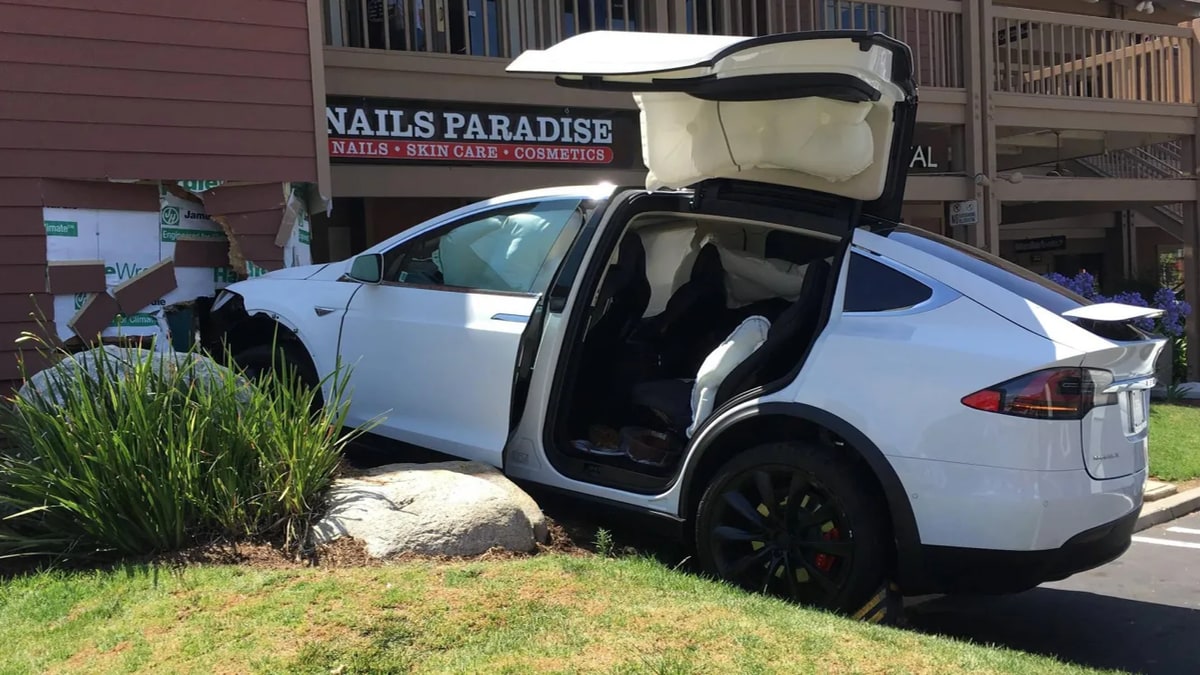I would think they would gladly tell me what they think I did wrong. They rattled off how it wasn't the car's fault (only by stating how the braking works and that the diagnostic showed no unusual behaviour at all). They gave me no reasons why they thought I was at fault though.There’s a subtle moment when the cars front enters the parking space that it looks to decelerate slightly (as I’d expect if I was parking there). That either doesn’t continue or there’s a subtle acceleration also.
I have had my foot touch the brake and accelerator pedal simultaneously on a number of occasions without immediately realising.
In that scenario the car seemed to maintain its speed rather than slow or speed up.
A little warning appears on the binnacle display of my Model X. It’s right in front of me so I noticed it.
Not saying this was what happened with your scenario but I imagine on a model without the instrument cluster binnacle screen that it would be a lot less easy to notice the warning on the centre screen not in direct vision.
I expect Tesla would have likely told you if this was in the driving log though.
As for the brake/accelerator scenario - what you see in the video is me taking my foot off the accelerator completely as I come in. The hold failed. No slow down, no sensing the curb like it had many many times coming into this exact parking spot. My daughter and I both knew something was wrong. There was no acceleration at all, or we would have felt that little jolt you get from Tesla's when you hit the accelerator (both my partner and I have Tesla's). She saw me hit the brake and try again and again - it wasn't both pedals and I expressed very clearly to her that I couldn't control it. It was the car, not me and I said this twice. There was no confusion for me about what was happening.



